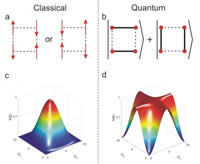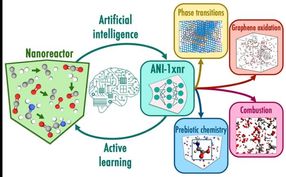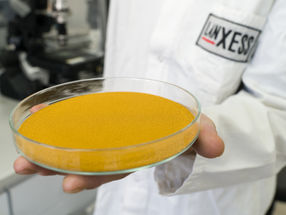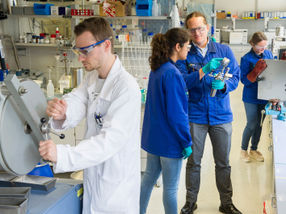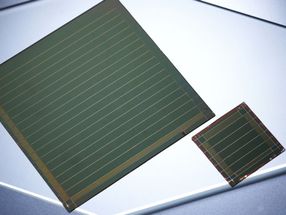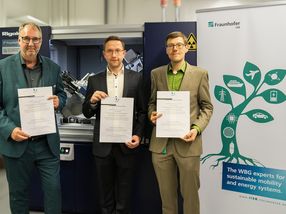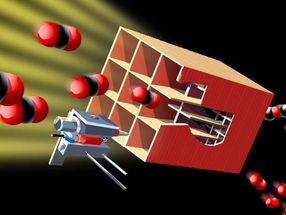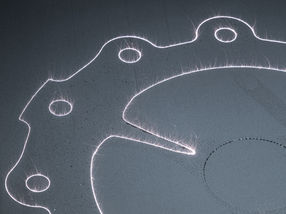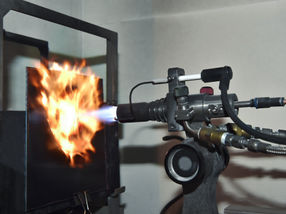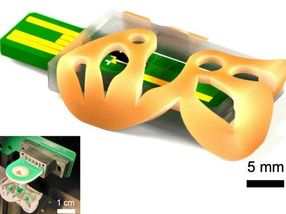Dow Corning silicone materials help home electronics keep their cool
Small may be beautiful but when it comes to home electronic devices, small also needs to be cool. As electronics companies try to meet consumer demand for smaller and more compact laptops, MP3 players, cameras and gaming consoles, they’re also working hard to prevent the devices from over- heating.
The computing power of electronics devices are doubling almost every year. While today’s laptops are shrinking to almost the thickness of an envelope, their increasing processing power and capacity generates a large amount of heat. Research by Slava Rotkin, Professor of Sciences at Lehigh University, USA, indicates that a laptop generates heat faster when in use than an everyday hotplate and almost as fast as a small nuclear reactor. The growing use of High Brightness Light – Emitting Diodes (HBLEDs) for backlighting in mobile phones, and for LCD’s in television sets, flat panel displays and computer screens adds to the heat problem.
Dow Corning has developed a range of specialized thermally conductive materials and heat transfer materials to help manufacturers deal with the issue. These materials, in the form of adhesives, encapsulants, compounds, gels and pads, prolong the life of the electronic devices by protecting their sensitive circuits and components and enabling the excess heat to be carried off and dissipated.
‘While smaller and stream-lined models of home electronics look good and give users the performance they expect, the trend towards miniature gadgets presents some technical challenges ”, said Jeroen Bloemhard, Dow Corning’s global executive director for Electronics. “People who have just paid hundreds of dollars for the latest MP3 player or laptop won’t be happy if it fails just because it gets too hot. Our thermal materials mean home electronics manufacturers can continue to make these trendy, cool and sophisticated devices but also offer them peace of mind through durability, increased operating efficiency and reliability.”
Other news from the department research and development

Get the chemical industry in your inbox
From now on, don't miss a thing: Our newsletter for the chemical industry, analytics, lab technology and process engineering brings you up to date every Tuesday and Thursday. The latest industry news, product highlights and innovations - compact and easy to understand in your inbox. Researched by us so you don't have to.
